Proper Nutrition and Diet for Alaskan Klee Kai
Welcome to our comprehensive guide on providing proper nutrition and diet for Alaskan Klee Kai. As a responsible and caring dog owner, you want the best for your furry companion. Understanding the specific dietary needs of this unique breed is essential to ensure their overall health and well-being. In this article, we will delve into the specifics of Alaskan Klee Kai’s nutritional requirements, the best food choices, feeding schedule, and some valuable tips to keep your canine friend in optimal condition.
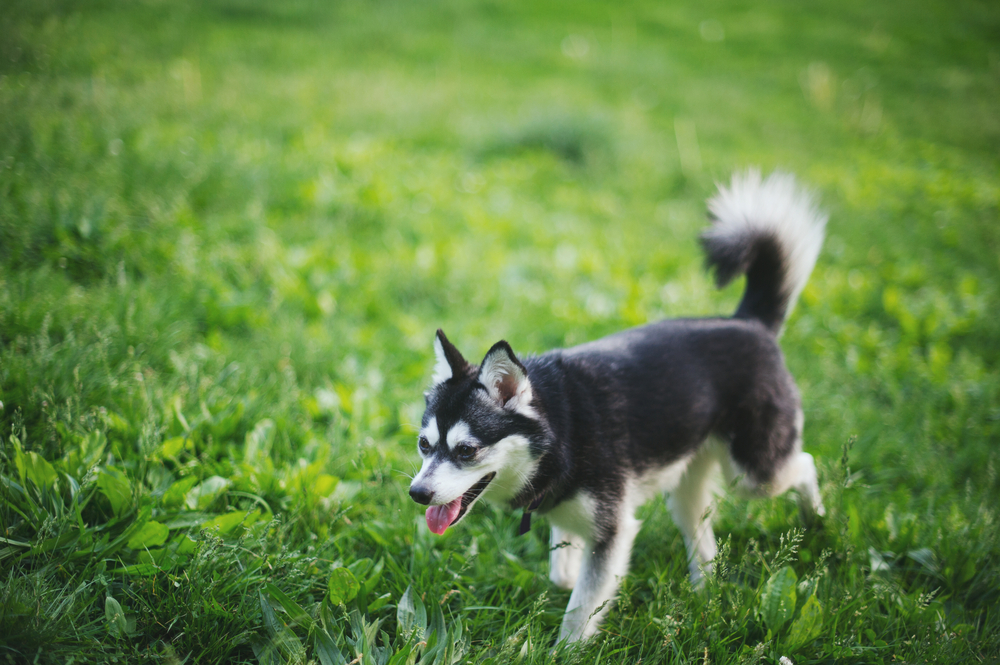
Understanding the Alaskan Klee Kai
Before we delve into their dietary needs, let’s take a moment to understand the Alaskan Klee Kai. This captivating and energetic breed belongs to the spitz family and is known for its striking resemblance to Siberian Huskies. They come in three distinct sizes – Toy, Miniature, and Standard. Despite their size differences, all Alaskan Klee Kai share similar nutritional demands, with slight variations based on their age, weight, and activity level.
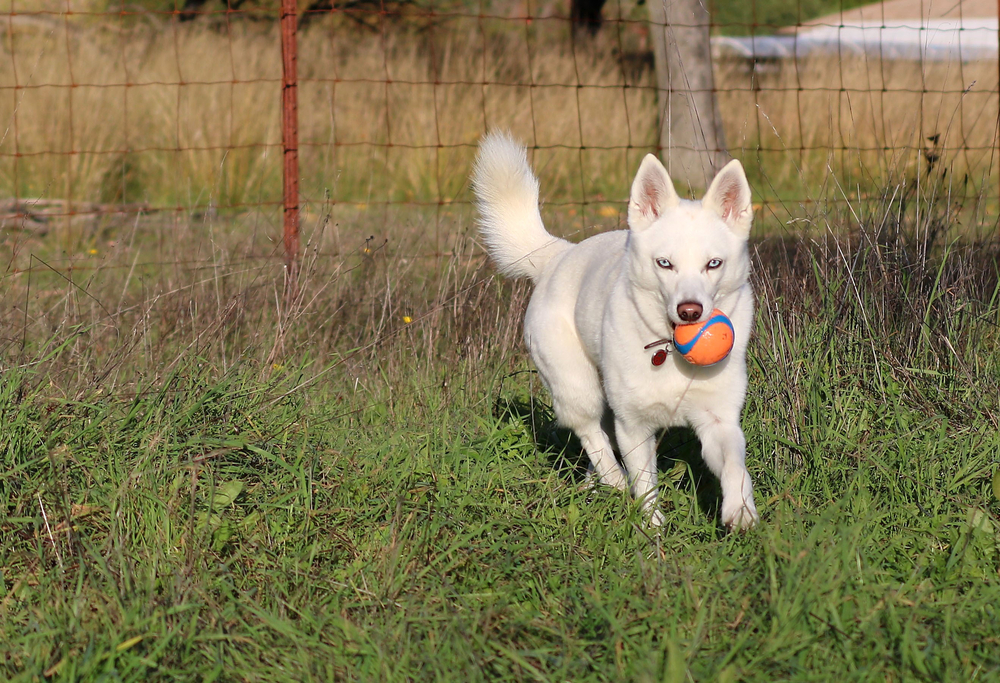
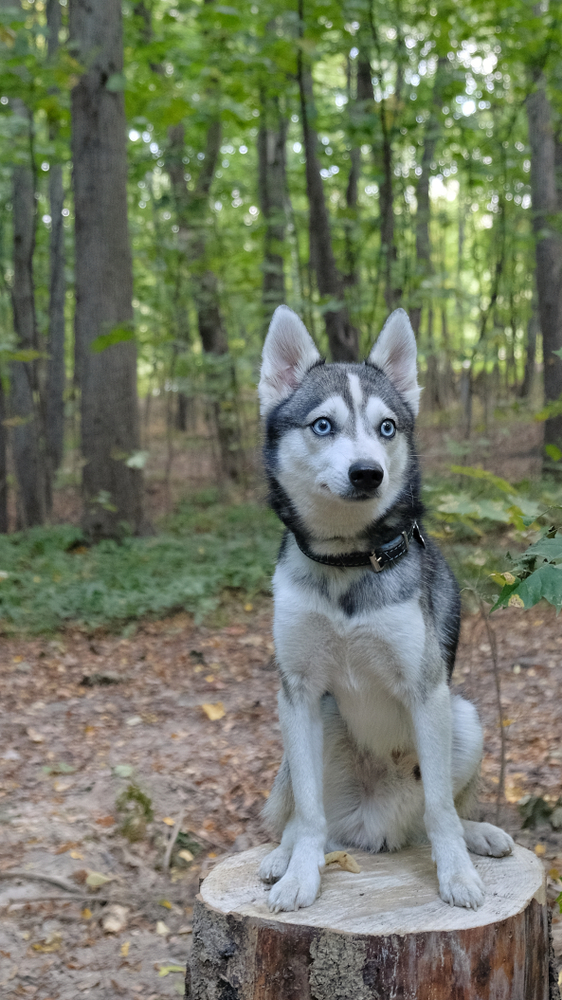
Key Nutritional Requirements
To maintain the health and vitality of your Alaskan Klee Kai, it’s crucial to meet their specific nutritional requirements. Here are the key nutrients they need:
1. High-Quality Protein
Protein is the building block of your dog’s body, and it’s especially vital for a highly active and energetic breed like the Alaskan Klee Kai. Ensure that their diet includes high-quality sources of protein, such as lean meats (chicken, turkey, and beef), fish, and eggs. Protein aids in muscle development and repair, promoting a strong and agile physique.
2. Essential Fats
Healthy fats, like omega-3 and omega-6 fatty acids, play a crucial role in maintaining your dog’s skin, coat, and overall immune system. Look for dog food that contains fish oil, flaxseed, or other sources of these essential fats to support your Alaskan Klee Kai’s overall well-being.
3. Complex Carbohydrates
Carbohydrates are a valuable source of energy for your dog. Opt for complex carbohydrates like sweet potatoes, brown rice, and whole grains, as they provide sustained energy and prevent spikes in blood sugar levels.
4. Vitamins and Minerals
Vitamins and minerals are essential for various bodily functions and help strengthen your dog’s immune system. Foods that contain a diverse array of fruits and vegetables, such as carrots, blueberries, and spinach, will provide the necessary vitamins and minerals to keep your Alaskan Klee Kai healthy.
Tailoring the Diet to Your Alaskan Klee Kai
Every dog is unique, and it’s essential to adjust their diet according to their age, weight, activity level, and any specific health conditions. Here’s how you can tailor the diet to meet your Alaskan Klee Kai’s individual needs:
1. Age Considerations
Puppies require a diet that supports their rapid growth and development. Look for specially formulated puppy food that contains higher protein and fat levels. As your Alaskan Klee Kai matures, gradually transition them to adult dog food to maintain a healthy weight and prevent obesity-related issues.
2. Weight Management
Maintaining an ideal weight is crucial for your dog’s overall health, as excess weight can lead to joint problems and other health issues. If your Alaskan Klee Kai is overweight, consult with your veterinarian to create a weight management plan that includes a balanced diet and regular exercise.
3. Activity Level
Consider your dog’s activity level when determining the number of daily meals and portion sizes. Highly active Alaskan Klee Kai may require more frequent feedings and larger portions, while less active ones may do well with fewer meals to prevent overeating.
4. Allergies and Sensitivities
Pay attention to any signs of food allergies or sensitivities your Alaskan Klee Kai may exhibit. Common symptoms include itching, gastrointestinal issues, or skin irritations. If you suspect an allergy, consult your vet and switch to a hypoallergenic dog food.
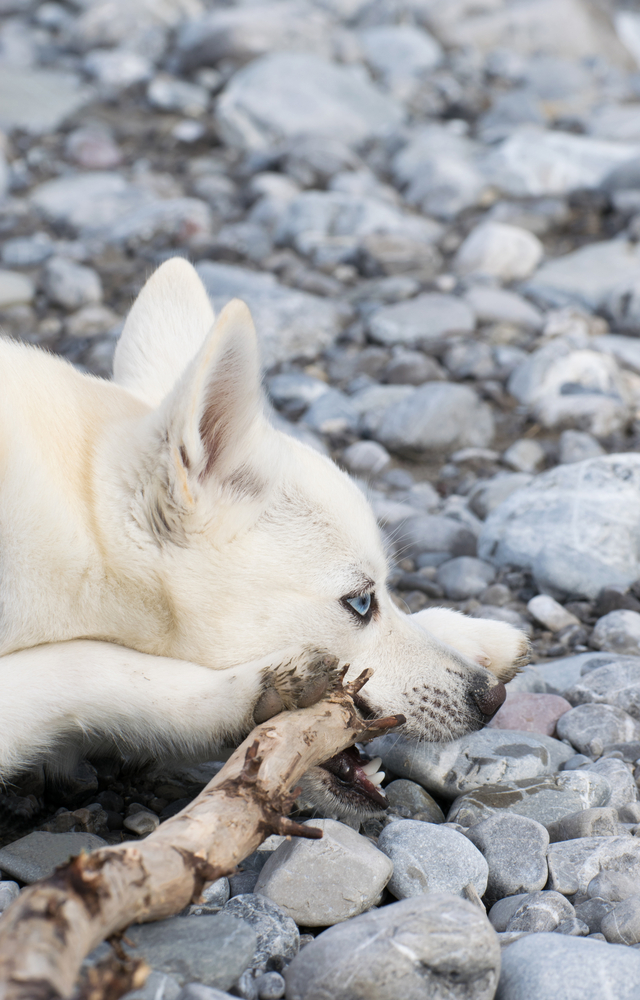
Best Food Choices
Now that we understand the nutritional needs of Alaskan Klee Kai let’s explore some of the best food choices to keep them healthy and happy.
1. Premium Dry Dog Food
High-quality dry dog food made from real meat, whole grains, and supplemented with vitamins and minerals is an excellent choice for Alaskan Klee Kai. Look for reputable brands that prioritize the use of natural ingredients without artificial additives.
2. Raw Food Diet
Some owners opt for a raw food diet, consisting of raw meat, bones, fruits, and vegetables. This diet aims to mimic what dogs would eat in the wild, but it’s essential to consult with a veterinarian to ensure it meets all nutritional requirements.
3. Home-Cooked Meals
Preparing home-cooked meals for your Alaskan Klee Kai allows you to have full control over the ingredients. However, it’s essential to follow veterinarian-approved recipes to ensure a balanced diet.
Feeding Schedule
Establishing a consistent feeding schedule is vital for your Alaskan Klee Kai’s digestion and overall well-being. We recommend the following feeding schedule:
Morning: Breakfast
Offer a portion of their daily food in the morning to kickstart their energy levels for the day.
Afternoon: Light Snack
A small, healthy snack during the afternoon will keep them satisfied until dinner.
Evening: Dinner
Serve the remaining portion of their daily food for dinner to keep them nourished during the night.
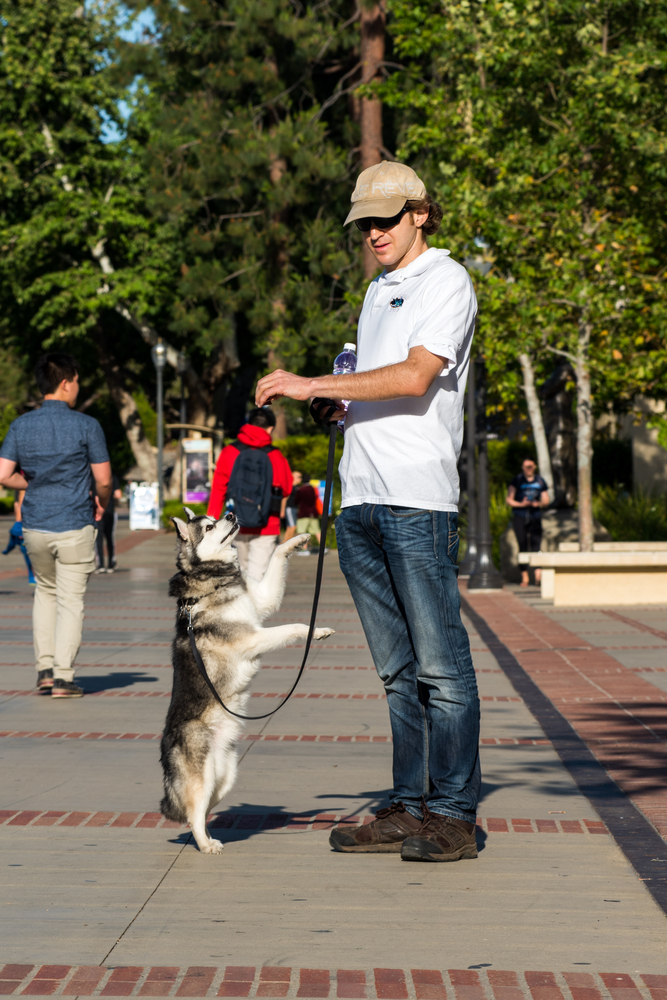
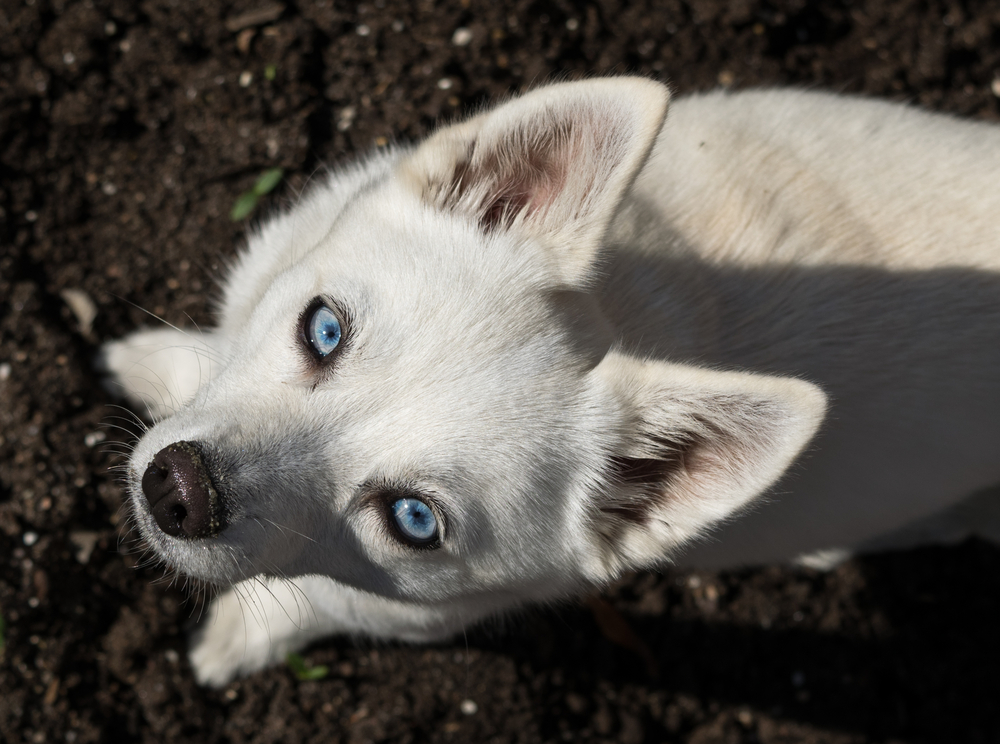
Tips for Healthy Eating
Here are some additional tips for maintaining your Alaskan Klee Kai’s healthy eating habits:
-
Hydration: Ensure your dog has access to fresh and clean water at all times to prevent dehydration.
-
Avoid Harmful Foods: Certain human foods, like chocolate, grapes, and onions, can be toxic to dogs. Keep these items out of reach.
-
Regular Exercise: Combine a balanced diet with regular exercise to keep your Alaskan Klee Kai physically and mentally stimulated.
-
Monitor Weight: Keep an eye on your dog’s weight and body condition regularly to identify any changes that may require dietary adjustments.
Proper Nutrition and Diet for Alaskan Klee Kai
Proper nutrition and diet play a crucial role in the well-being and longevity of your beloved Alaskan Klee Kai. By providing them with a balanced diet that meets their specific nutritional needs, you can ensure they lead a healthy, happy, and active life. Remember to tailor their diet according to their age, weight, and activity level, and consider the best food choices that suit their preferences and sensitivities. A well-fed and nourished Alaskan Klee Kai will undoubtedly bring you joy and companionship for years to come.
